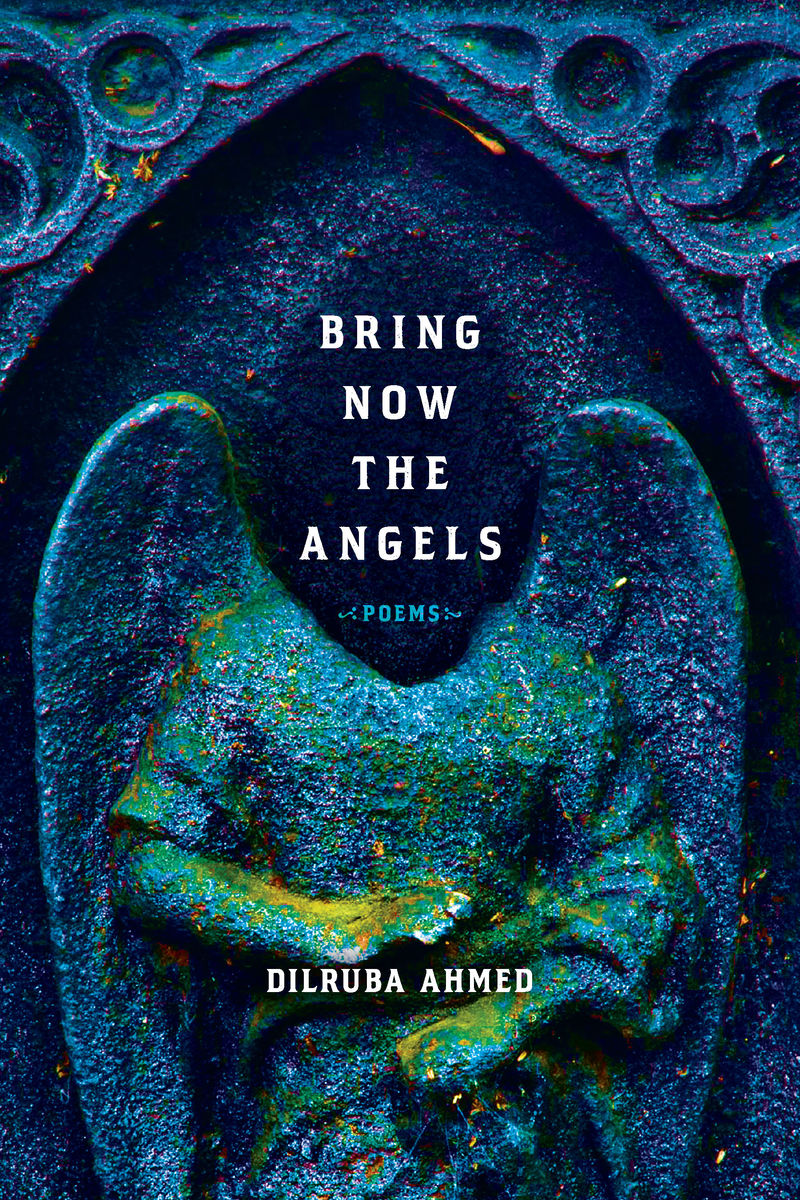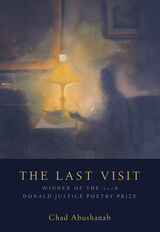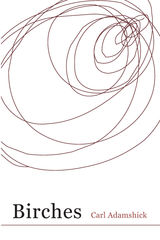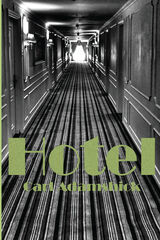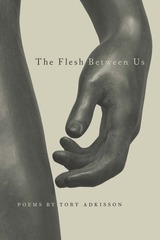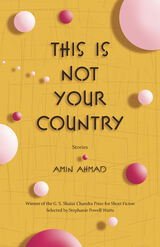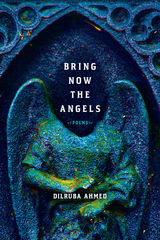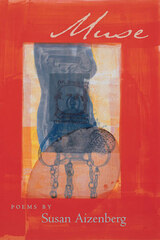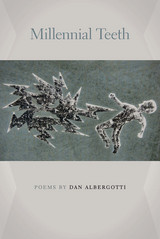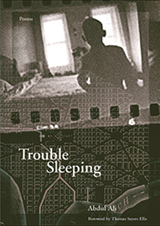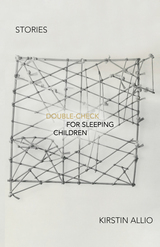Bring Now the Angels: Poems
University of Pittsburgh Press, 2020
eISBN: 978-0-8229-8730-7 | Paper: 978-0-8229-6607-4
Library of Congress Classification PS3601.H574B75 2020
Dewey Decimal Classification 811.6
eISBN: 978-0-8229-8730-7 | Paper: 978-0-8229-6607-4
Library of Congress Classification PS3601.H574B75 2020
Dewey Decimal Classification 811.6
ABOUT THIS BOOK | AUTHOR BIOGRAPHY | REVIEWS | TOC | REQUEST ACCESSIBLE FILE
ABOUT THIS BOOK
This collection juxtaposes text from Google Search autocomplete with the intimate language of prayer. Corporate jargon co-exists with the incantatory and ancient ghazal form. Ahmed’s second book of poetry explores the terrain of loss—of a beloved family member, of human dignity & potential, of the earth as it stands, of hope. Her poems weave mourning with the erratic process of healing, skepticism with an unsteady attempt to regain faith.
With poems that are by turns elegiac, biting, and tender, Bring Now the Angels conveys a desire to move toward transformation and rebirth, even among seemingly insurmountable obstacles: chronic disease, corporate greed, environmental harm, and a general atmosphere of anxiety and violence.
BRING NOW THE ANGELS
To test your pulse as you sleep.
Bring the healer the howler the listening ear—
Bring an apothecary to mix the tincture—
We need the salve
the tablet the capsule
of the hour— Bring sword-eaters
and those who will swallow fire—
Fetch the guardian
to flatten the wheelchair,
to hoist it toward heaven:
the public shuttle awaits
the ceaseless trips to the clinic.
To the bedside manner
summon witness: this medic’s
disdain toward patients the physician’s dismissal
of pain—
And call the druggist, again, to drug us senseless—
Bring a nomad to index our debts
tuck each invoice into broken walls
of regret— Call the cleric the clerk
the messengers divine—
With poems that are by turns elegiac, biting, and tender, Bring Now the Angels conveys a desire to move toward transformation and rebirth, even among seemingly insurmountable obstacles: chronic disease, corporate greed, environmental harm, and a general atmosphere of anxiety and violence.
BRING NOW THE ANGELS
To test your pulse as you sleep.
Bring the healer the howler the listening ear—
Bring an apothecary to mix the tincture—
We need the salve
the tablet the capsule
of the hour— Bring sword-eaters
and those who will swallow fire—
Fetch the guardian
to flatten the wheelchair,
to hoist it toward heaven:
the public shuttle awaits
the ceaseless trips to the clinic.
To the bedside manner
summon witness: this medic’s
disdain toward patients the physician’s dismissal
of pain—
And call the druggist, again, to drug us senseless—
Bring a nomad to index our debts
tuck each invoice into broken walls
of regret— Call the cleric the clerk
the messengers divine—
See other books on: American poetry | Angels | Asian American & Pacific Islander | Asian American authors | Hispanic & Latino
See other titles from University of Pittsburgh Press
